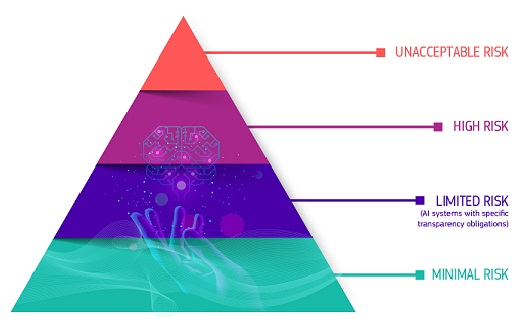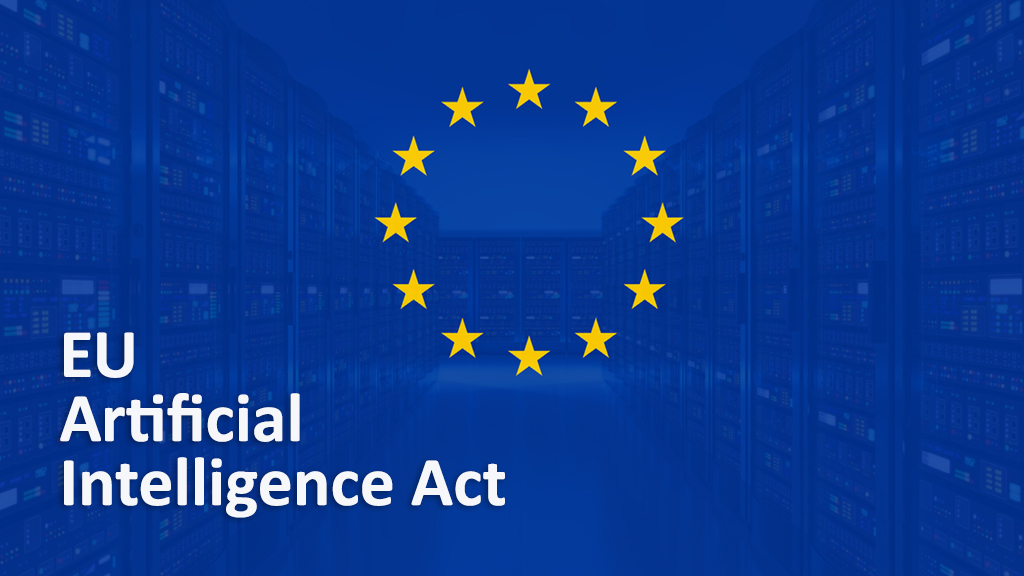AI is transforming global power structures – is Europe being left ...
The race for dominance of the artificial intelligence (AI) industry is redefining the global geopolitical order. Whoever can master this rapidly changing technology will have an unprecedented level of economic control, and will govern new employment on a vast scale. According to many economists, we are currently in the midst of the “fourth industrial revolution”. In this power struggle, the leading powers are the USA, the Asia-Pacific region (especially China) and the European Union (EU). However, each is following a different model for developing this technology.
China's Dominance in AI
China is the country making the most investment in AI, with expected investments of over $38 billion by 2027, almost 9% of the world’s total. In China, investment is primarily driven by the state, though there are also many private technological platforms in the sector. Its population is very open to technology, and this grants the state access to a huge field of experimentation: over 700 million internet users.

Many US platforms are barred from the Chinese market, and the country boasts a much higher number of STEM (science, technology, engineering, mathematics) graduates than other countries: almost 3.6 million in 2020, followed by India with 2.6 million, and the United States with 820,000.
US Influence in AI
The US government has put restrictions on investments in Chinese semiconductors and microelectronics, quantum technology, and AI. The private sector is the driving force behind the current technological revolution in the US, with significant research funding provided by Defense Advanced Research Projects Agency, the US Department of Defense agency responsible for developing new military technologies.

The largest companies in the AI sector are US-based, with a virtual monopoly on the current development of the technology. These companies have immense economic power and are beginning to have impacts at the state level.
Europe's Position in AI Development
Trailing behind the US and China, Europe struggles to compete in the AI industry. While some EU countries like France and Germany have strong state support and a significant number of startups, Europe as a whole lacks the large entrepreneurial platforms of the US and China.

Europe also faces talent drain, as many European graduates seek better opportunities elsewhere. However, Europe does have an advantage in being home to a significant number of top 100 research institutions, which are crucial for AI development.
Regulation in AI
The EU has taken a step towards regulating AI with the approval of the AI Act, the first regulation in the Western world on artificial intelligence. The law is designed to be ethical and people-centered, aiming to serve the public rather than big business.
While Europe may be lagging behind the US and China in AI development, it is focusing on ethical considerations and sustainable practices in AI innovation.
AI is bringing new innovations and values to the forefront, reshaping the global power dynamics in the 21st century. Europe's approach to AI regulation and development will play a key role in shaping its position in the ongoing technological revolution.
Read more: EU approves draft law to regulate AI – here's how it will work










